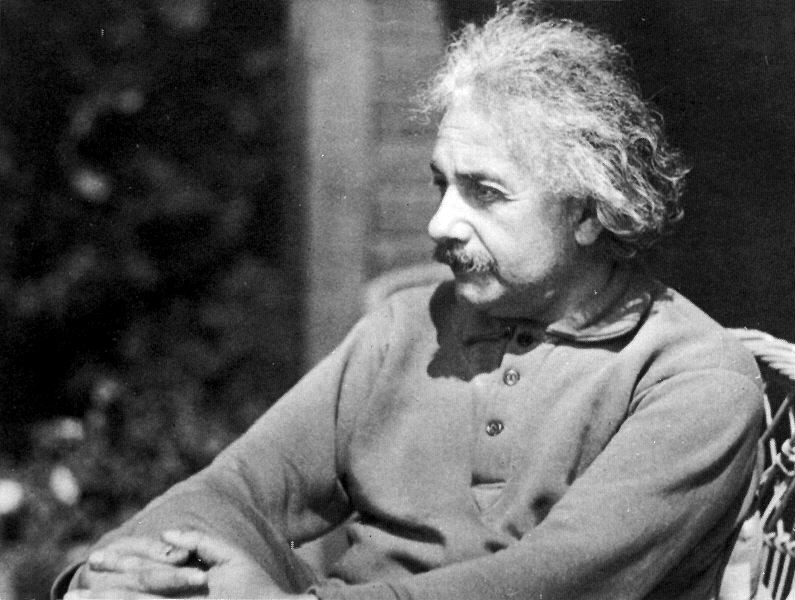The above quote, which can be found in Diane Keaton's memoir Then Again, was recently reprinted in The New Yorker in a review for the book. While I am not normally one to read celebrity memoirs, if Ms. Keaton's entire book is filled with such beautiful prose, of course I will read it. Most fiction doesn't possess such meaningful lines.

Plus, this is the woman behind Annie Hall! This is the love interest in Manhattan. All my favorite Woody Allen films involve Diane Keaton. She and Woody Allen have a spark that he does not possess with his other screen loves (Mia Farrow, etc). Frankly, she just comes off as badass.
But this post is not about my respect for Diane Keaton. It's about sadness. Sadness and young girls, because Keaton hits on a tragic, yet nonetheless solid, point. I think women far more than men find a time in their life-- often when they are 12/13/14 years of age -- when the sadness sets in. We realize beauty standards are basically unobtainable, we realize we are often relegated as a fixture of 'the male gaze' (now my feminist classes from college are cropping up), we realize that life for us more than men will be unfair and often cruel unless we are willing to play 'the game.' How can we not be sad?
For a recent example of this, look at Steve McQueen's haunting film Shame (which contains a stunning performance by Michael Fassbender). In the film the protagonist (Fassbender) repeatedly misuses women in an attempt to escape his own unhappiness. Here, women are portrayed as victims often to nothing more than a gaze. Fassbender, in one of the opening scenes, basically eye-rapes a woman sitting on the subway. It's a fragile scene that takes your breath away when you watch the myriad of expressions that pass through the woman's face -- flatter, intrigue, embarrassment, guilt (she sports a wedding ring), horror and self-loathing and most of all fear. Even though no man has followed me off the subway except to try to get a number (not to just go have casual sex), I know how she feels-- and I bet most women do, too.

I think many girls, like Keaton, manage this sadness by performing. We're expected to perform anyway, so why not make a career out of it? We perform by laughing off comments that might be meant kindly but are often chauvinistic. We perform by being good students and trying to make our teachers and parents proud. We perform by doing our best to look a certain way. We are continually performing. Frankly, those who don't are often shunned.
I'm not saying this is a sadness unfamiliar to men. My brother was often shunned at his high school because he did not perform/suck up to the teachers as expected. He refused to give an iota about how he looked. He was a free-thinker. And only now, after college, do I think he has found himself. That said, he's also accepted the need to perform. He acts a certain way during interviews, he has mastered the social contract.
Part of me mourns for my younger brother the rebel. But a larger part of me understands that he has just accepted what we all must learn to accept -- the necessity of performing, even if it's just a little bit. No man is truly a free thinker.
As Albert Einstein put it, “When I was a fairly precocious young man I became thoroughly impressed with the futility of the hopes and strivings that chase most men restlessly through life. Moreover, I soon discovered the cruelty of that chase, which in those years was much more carefully covered up by hypocrisy and glittering words than is the case today. By the mere existence of his stomach everyone was condemned to participate in that chase. The stomach might well be satisfied by such participation, but not man insofar as he is a thinking and feeling being."

So there you have it. You don't have to be a genius to know this one's right.
This is wonderful. I wonder how much of the sadness is caused by performing? What's the relationship between the two? I agree that performance can work as a management tool for the unrest of womanhood ("the unrest of womanhood"! ha!) but I tend to think of it as being the other way around. That may be simply because I tend to give more thought to the performance angle than the sadness angle, though, and this is making me question my assumption. Thank you!
ReplyDeleteHi Emily! This is a pretty damn old post but it's so good that I feel the need to comment on it. The part that I am intrigued the most by is the need to "perform" by most people. Some show that I watched not so long ago referred to this as wearing a mask as in hiding. How perplexing that you can perform and hide at the same time. The Einstein quote pretty much hit the nail on the head because as long as we have a belly then we will at some point subject ourselves to someone else's whims. No one is truly free but the freedom we have is a pretty good compromise.
ReplyDeleteAnyway, with all that said, I'd love to hear more of your opinions on that very subject. I'll hold my breath though since the last post was like in 2011 lol.